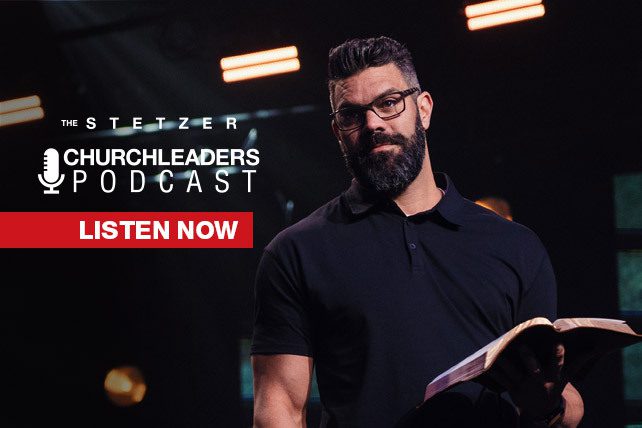Robby Gallaty has served as senior pastor of Long Hollow Church in Hendersonville, Tennessee, since 2015 and is the founder of Replicate Ministries. He is the author of several books, including “Rediscovering Discipleship: Making Jesus’ Final Words Our First Work” and “Growing Up: How to Be a Disciple Who Makes Disciples,” which has recently been revised and updated.
Other Ways To Listen to This Podcast With Robby Gallaty
► Listen on Amazon
► Listen on Apple
► Listen on Google
► Listen on Spotify
► Listen on YouTube
Key Questions for Robby Gallaty
-What happened at Long Hollow after you took over the reins as pastor?
-What is the American church doing well regarding discipleship and where do we need to improve?
-How do we have the kind of growing discipleship that doesn’t cause us to lose our evangelistic passion?
-How would you advise a pastor to implement disciple-making strategies?
Key Quotes From Robby Gallaty
“I always like to pause and say sobriety without Christ is a dead end street. I tried it before. You need something, someone outside of yourself to set you free from the sin that captures you and controls you.”
“I put the little bit of faith I had in as much of Jesus as I knew, and it was enough to be radically saved.”
“For two years, David Platt and I met twice a week to memorize Scripture, study the Bible. And people say, what was it like to learn from David Platt? Did you talk about the finer tenets of systematic theology and eschatology? Yes, we did, but I don’t remember really any of that. I remember how he lived his life.”
“I’m the product of discipleship, you know, that’s why I’m so passionate about discipleship.”
“Exponential growth, it’s not magic. I tell people it’s math. Really, Jesus was the first, ‘network marketer.’ I mean, he knew the power of investing in a few.”
“[When I came to Long Hollow], we were putting people in the church as fast through the front door as they were going out the back door. It was like this escalator evangelism, I call it.”

